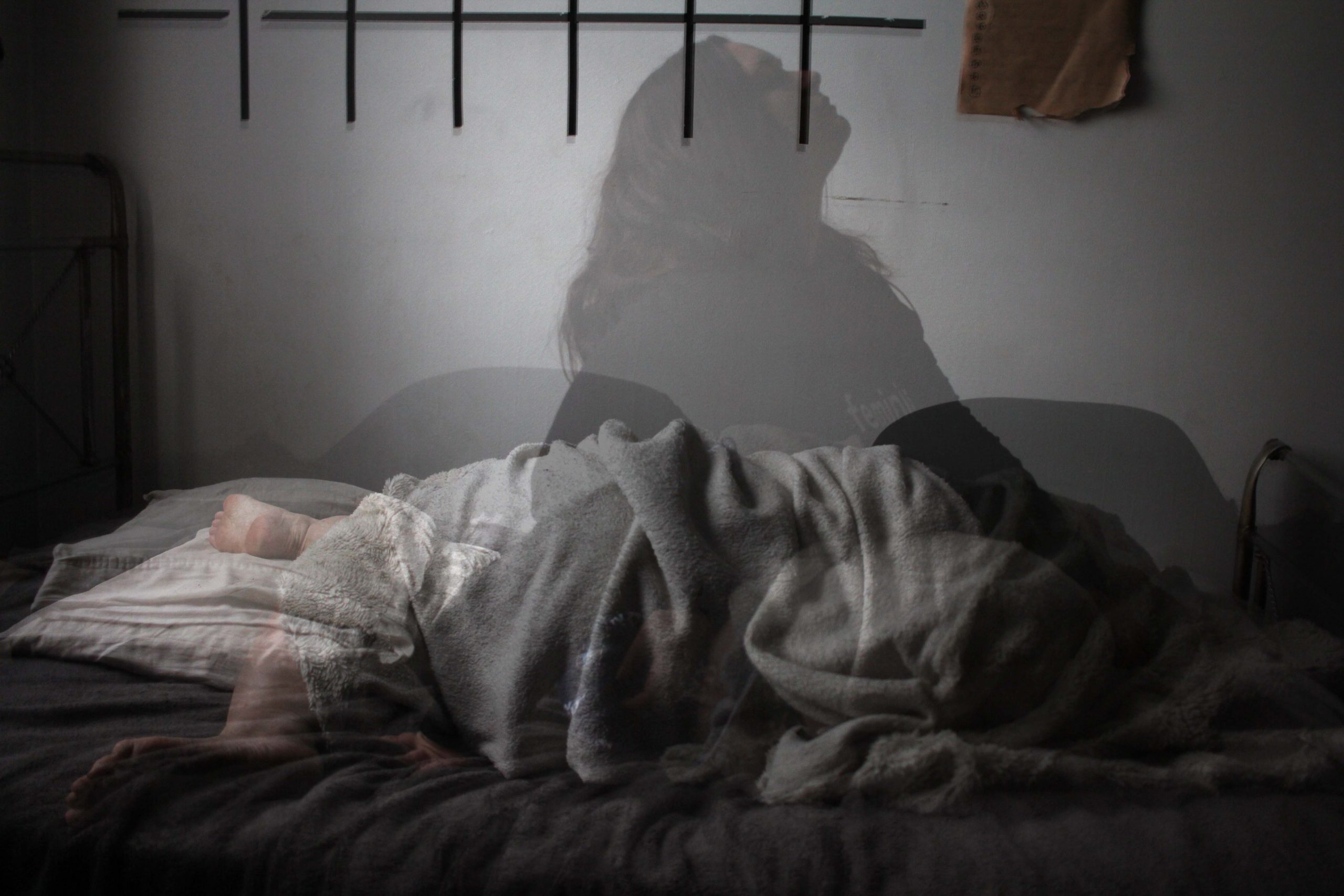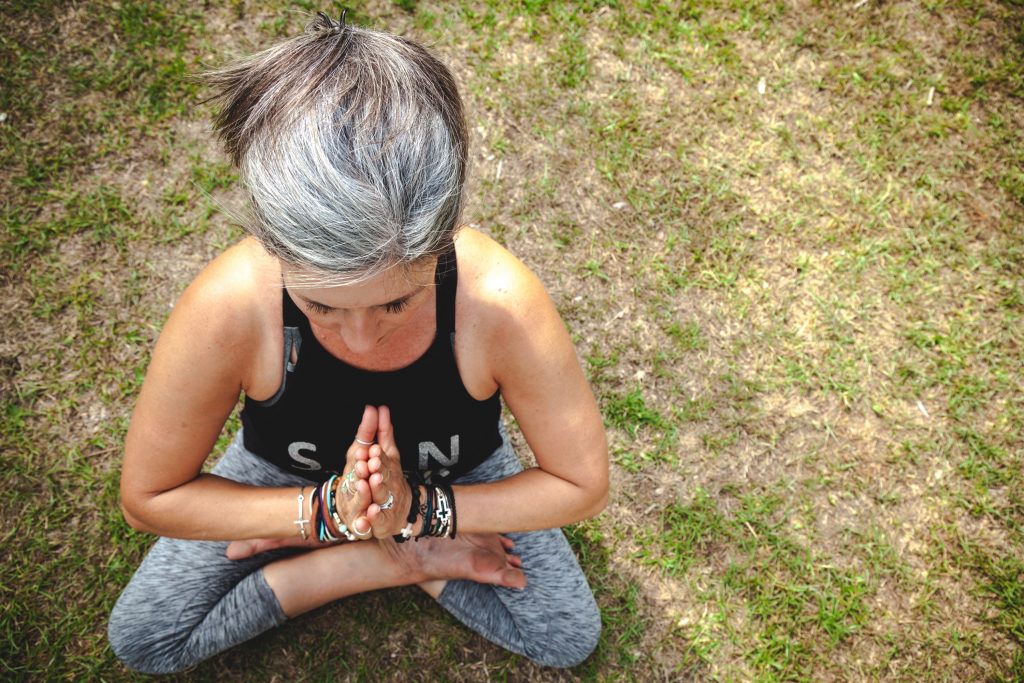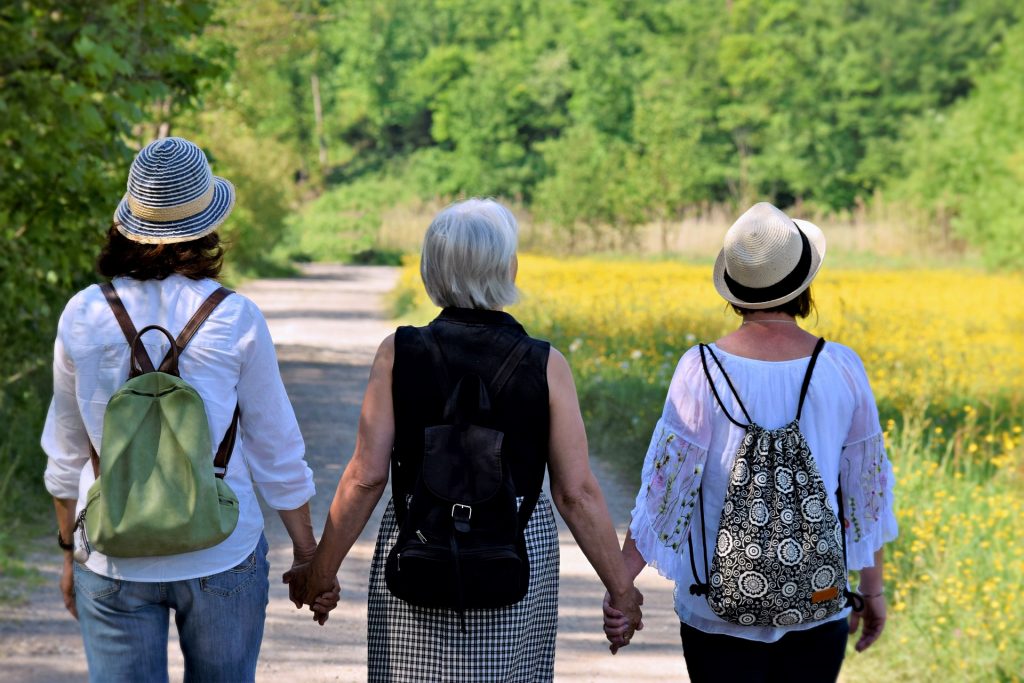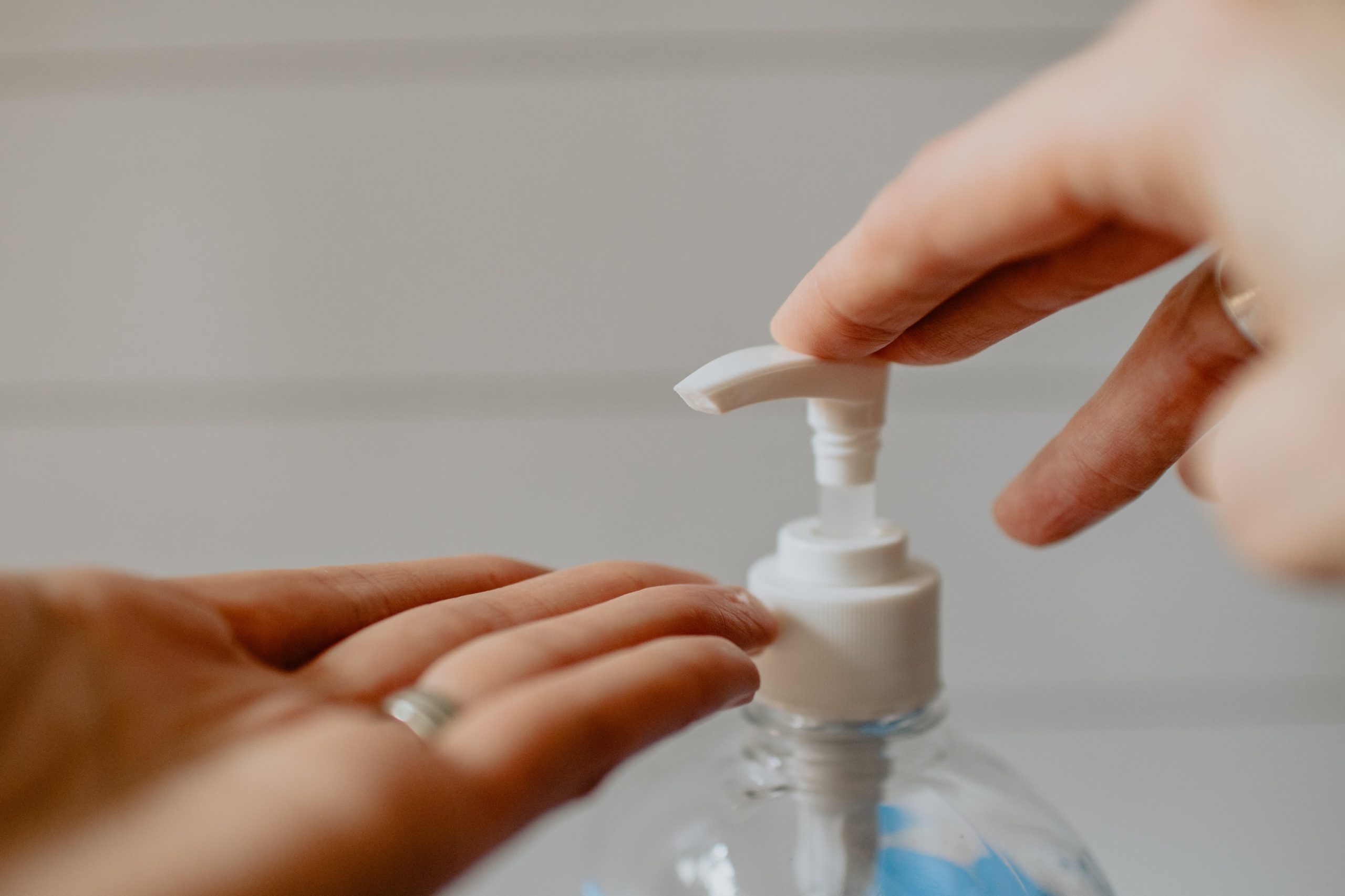We are supporting World Menopause Day
Since its launch in 2009, World Menopause Day has aimed to help women talk openly about menopause and for people to understand the impact it can have.
The menopause is a hugely significant event in the life of half the population, with a profound effect on physical and mental health.
Yet many women suffer in silence or face considerable stigma, especially in the workplace.
In this article, we’ll talk about what menopause is, the different symptoms people can get, treatment and the all-important support that is out there.
Read through for the full story, or use the buttons below.
What is menopause?
Menopause is defined as the point where you haven’t had a period for 12 months. It often follows a stage of irregular periods and associated symptoms called perimenopause.
It is caused by the natural lowering of hormone levels, particularly oestrogen, which plays an essential role in the reproductive system.
Everyone with a womb (uterus) will experience menopause, usually between 45 and 55, although it can start as early as 35.
No two menopause stories are the same – when it begins, what symptoms you have, how much they affect you and how long it lasts will differ from person to person.
Symptoms
Low hormone levels can significantly change your physical and mental health.
Before discussing the symptoms, repeating that experiences will differ is essential.
Not everyone will get all these symptoms. They might come in stages, one be followed by another, or previous symptoms return after some time.
The most known symptoms are the ‘hot flushes’, night sweats and heart palpitations.
Other physical symptoms include possible weight gain, skin rashes, vaginal dryness, and urinary tract infections.


Then there are the less visible symptoms – anxiety, depression, mood swings, low sex drive and ‘brain fog’ – problems with concentration or memory.
Less known still are the increased risks of osteoporosis (weakening of bones) and cardiovascular illness (heart disease) that come with lower hormone levels.
Help with Symptoms
You can make some straightforward changes to help with menopause or perimenopause symptoms – generally making sure you eat well, get regular exercise and look after your mental wellbeing.
A healthy diet is important, including calcium-rich foods like milk, yoghurt and kale that help keep your bones healthy.
Regular exercise, specifically weight-bearing exercise like walking, running, or dancing, helps, as does ensuring you get enough rest to maintain a good sleep routine.



Yoga, tai chi, and meditation can help you relax, and, of course, not smoking and not drinking too much alcohol are always part of healthy lifestyle advice.
Talking with friends, family or colleagues going through the same thing also makes a difference.
Cognitive Behavioural Therapy (CBT), a type of talking therapy, can also help you with low mood or feelings of anxiety. You can refer yourself for CBT without needing to see a GP first.
Treatment
The most common treatment is called Hormone Replacement Therapy, or HRT. As the name suggests, medicine replaces the hormones that have dropped in level.
Oestrogen can be given in a few ways – through traditional pills, patches, implants, gels or sprays applied to the skin.


Progesterone, a hormone that protects the uterus lining, might also be prescribed.
Taking both oestrogen and progesterone together is called Combined HRT.
The first port of call should be a discussion with your GP if you want to start HRT.
You do not need to wait until your periods completely stop or your symptoms become severe to ask for help.
Impact and Stigma
As we said at the top, menopause happens to half the population, and it can significantly change women’s lives.
Despite that, it is not always openly discussed or understood that menopause can bring significant challenges and even disruption to our bodies, minds, relationships, and careers.
Close relationships can come under particular strain, either through becoming more irritated with their partner, needing space, or withdrawing to disguise symptoms.
A 2022 Parliamentary Committee Report found that women going through menopause faced a considerable stigma in the workplace.
It found that:
- fewer than 1 in 3 women spoke to colleagues about their symptoms, despite them feeling it impacted their working life
- Only 11% asked for any adjustments or considerations at work – flexible working, a different uniform to keep cool
- One in 5 said they wouldn’t know who to speak to about these sorts of things
- 26% said they would be worried about the reaction of others if they did ask
We’ve talked recently about reasonable adjustments for people with learning disabilities or autism.
While menopause isn’t a protected characteristic under the 2010 Equalities Act, it does say your age, gender or substantial or long-term effects of a mental or physical impairment mustn’t disadvantage you.

Support
As well as openly talking about the symptoms, the impact and, sadly, the stigma, a part of World Menopause Day is also about letting people know what support is out there.
The NHS website has detailed pages on all aspects of menopause and perimenopause, including how to find NHS or private specialist clinics near you.
The British Menopause Society is hosting a news-style programme called ‘Menopause: Misinformation and Management’.
Women’s Health Concern is a well-established, confidential, independent service that advises, informs, and reassures women about their gynaecological, sexual and post-reproductive health.
Healthtalk has videos where you can hear stories of lived experience, with discussions covering memory and concertation, treatment, relationships and sex.
Menopause Matters is an award-winning website that provides a wealth of up-to-date information.
The Menopause Charity aims to educate everybody so that menopause and perimenopause are properly understood.
Menopause Support is a not-for-profit community interest company offering support and resources, specifically about menopause in the workplace.
The Daisy Network was set up in 1995 to provide information and support to women diagnosed with Premature Ovarian Insufficiency, also known as Premature Menopause.
Queermenopause has a mission of raising awareness of the LGBTQIA+ experience of menopause and finding and promoting inclusive resources. The first Menopause Café was held in Perth, Scotland in 2017. Since then, events have been held across the UK, North America and online for people to get together and talk.
